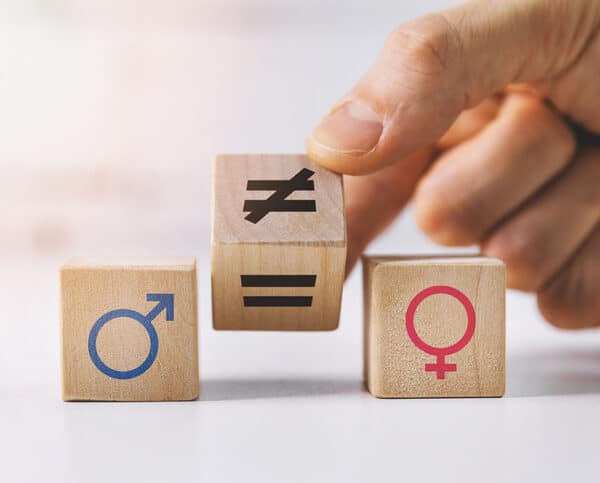On 14 September 2020, an Employment Tribunal passed a landmark ruling in the case of Ms Rose Taylor v Jaguar Land Rover Ltd. The Employment Tribunal extended protection under the protected characteristic of gender reassignment to include individuals who identify as being gender fluid and non-binary, i.e. individuals who do not exclusively identify as being masculine or feminine.
Case Background
For over 20 years, Ms Taylor was an engineer with Jaguar Land Rover Ltd. In 2017, she identified herself as being gender fluid/non-binary. Ms Taylor, who dressed in women’s clothing, received poor support from management, had difficulties using the toilet facilities and faced an onslaught of abusive jokes and insults from colleagues.
In 2018, due to the tirade of abuse, Ms Taylor was forced to resign from her role. It is reported that Ms Taylor sought to retract her resignation, however, Jaguar Land Rover Ltd refused to allow her to return to her former role.
Ms Taylor subsequently brought claims of constructive unfair dismissal, direct discrimination, harassment and victimisation on the grounds of gender reassignment.
Whilst Jaguar Land Rover Ltd argued that being gender fluid/non-binary did not fall within the strict definition of gender reassignment under the Equality Act 2010, the Employment Tribunal in an oral judgment found in Ms Taylor’s favour. Notably, it acknowledged that “gender is spectrum” and that it was “beyond any doubt” that Ms Taylor was protected under the Equality Act 2010. The Employment Tribunal upheld Ms Taylor’s claims of constructive unfair dismissal, direct discrimination, harassment and victimisation.
The implication of the Judgment is that discrimination protections under the Equality Act 2010 are widened and extend to cover those who identify as being non-binary and gender fluid. The oral Judgment also indicated that the Tribunal saw “no reason why this ruling should not extend to other complex gender identities such as a-gender and gender queer.”
Practical Considerations
There are over 64 identifiable and recognised genders and the health and social care industry works with people from all walks of life, whether Patients, colleagues or stakeholders. It is more important now than ever to take a proactive approach to eradicate the stigma attached to those individuals who do not conform to what is considered “normal” genders.
In terms of practical considerations, we would recommend the following:
- Raise awareness of the various genders and the importance of using the correct pronouns, this could be undertaken as part of Equality and Diversity training
- Creating a positive working environment to encourage staff to feel safe to express themselves
- Regular refreshers on company policies such as the Transgender and Equality and Diversity policies
- Improve management awareness and training, ensure that a correct and proactive process is put in place to best support staff






